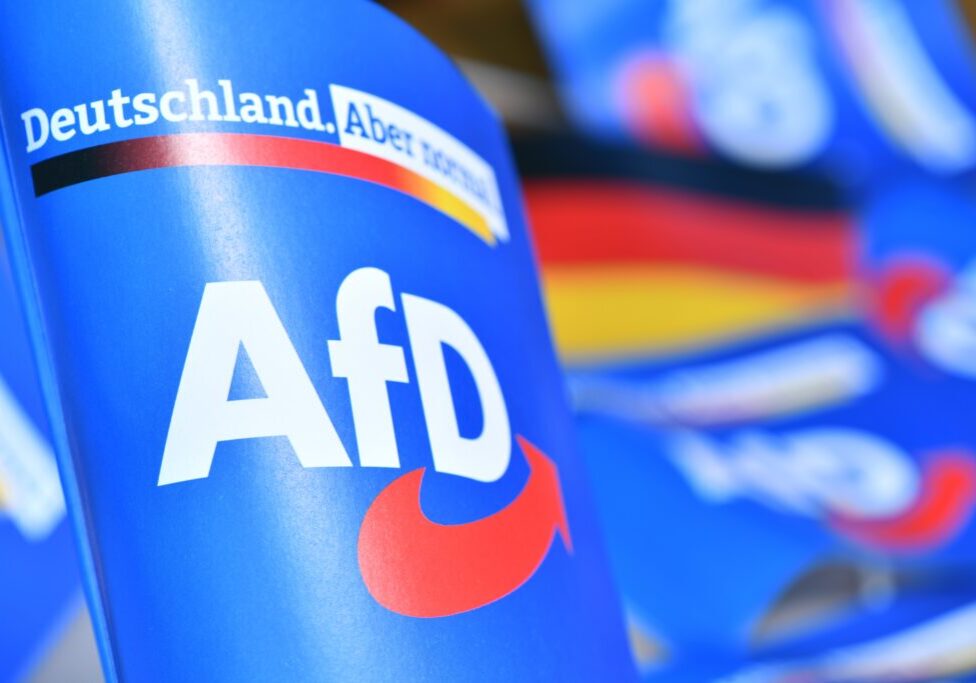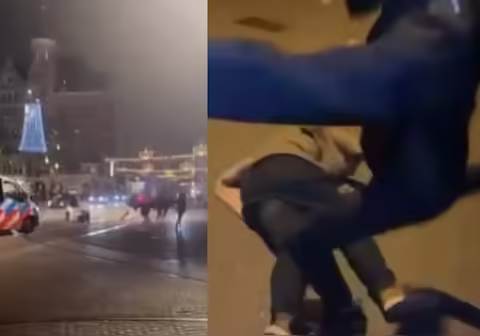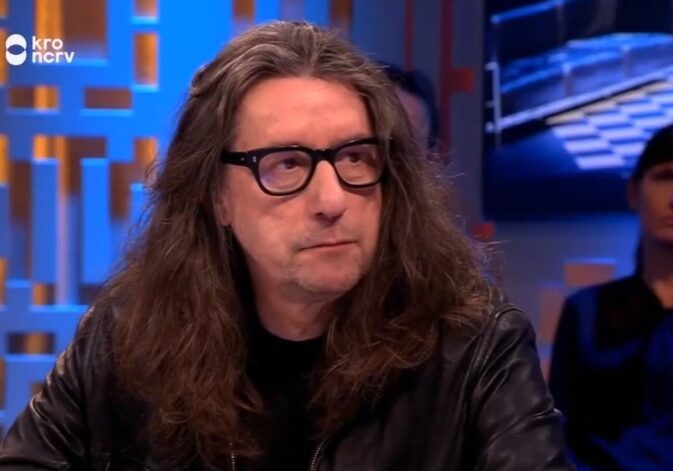Australia/Israel Review
Biblio File: Theft and Genocide
Mar 8, 2017 | Jeremy Jones
Jeremy Jones
Stolen Legacy: Nazi Theft and the Quest for Justice at Krausenstrasse 17/18, Berlin
Dina Gold, Ankerwycke, Oct. 2016, 270 pp., US$17.95
Through The Eyes of an Innocent Child
Mirsada Alemic-Helac, Tate Publishing, July 2016, 200 pp., US$12.99
Children hear stories, children live stories. In two memoirs, both effectively presented, moving and powerful, readers are invited into the childhood, and later the lives, of children affected by genocide and state-sponsored terror.
I am fortunate to know both of the authors personally, but each reader will become well-acquainted with them when they read the memoirs.
Dina Gold, author of A Stolen Legacy, grew up hearing stories of her family’s life before the Nazis’ ascension. Stories were just that – stories. Her actual life was what mattered and family tales were more entertainment than directives for future action.
Her grandmother, Nellie Wolff, would tell her of wealth and luxury, but her mother, Aviva, was dismissive of any implication that great wealth would one day be restored to them.
Dina Gold is an extremely skilled writer, a talent she puts to full use to help readers of her memoir not only come to see that her grandmother was right, but also to feel that you are actually part of her efforts to achieve justice.
When I visited Krausenstrasse 17/18, close to Checkpoint Charlie in Berlin last December, I had read Stolen Legacy.
The size of the building and the way it dominates the neighbourhood still made quite an impression. The building is a central character of the memoir, almost the dominant personality, which is a tribute to the way Dina Gold put together the narrative of what Marvin Kalb described as “an exceptional adventure in Holocaust literature.”
The human characters are also portrayed in a way which ensures they are all multi-dimensional, often complex, dealing with historical events of global significance and with human relationships, with concerns of survival as individuals and as parents of family with good manners, education and experience.
Although the memoir deals with specific individuals and the impacts on their lives of dramatic events of the 20th Century – Nazism, World War, Communism, the rebirth of the Jewish State – the author takes pains to give their experience both context and relevance to those outside the circle of individuals she describes and defines.
The “Stolen Legacy” of the title does not just refer to property – but to a childhood and what might be thought of as normal aspirations for a young person in a Western, liberal society.
After the Nazi genocide, a popular slogan was “Never Again”, in which Jews asserted a commitment to never again being placed in a position where there is an inability to influence individual and communal destinies. The term was also used as a rallying cry against recurrences of crimes against humanity, most importantly Genocide.
Mirsada Alemic-Helac (Through the Eyes of an Innocent Child) provides in graphic detail an account of life under the shadow of crimes against humanity taking place in Europe less than five decades after Nazism.
With authenticity and integrity, she tells of life as a Bosnian child in the months and years leading up to, and including, the 1995 Srebrenica mass murders.
While Dina Gold’s work is written from the perspective of a mature, worldly woman seeking to record, recount and interpret events, Alemic-Helac’s work reads as a diary, with episodes presented chronologically and with much of the power of the work a result of the way the reader lives through, and accumulates, the memories.
Gold’s work records tragedies, but is a tribute to the courage and strength of the author and those who inspired, encouraged and assisted her. Mirsada Alemic-Helac’s story is also one of suffering, tragedy and also of caring and survival, with the “happy ending” being the life she and her family have rebuilt as refugees in Australia.
Dina Gold and her family suffered because they were Jews. Mirsada Alemic-Helac’s family suffered because they were Muslims. Reading the books, individually or together, will assist in understanding human evil and human survival, operating beyond individual identity.
Tags: Europe






